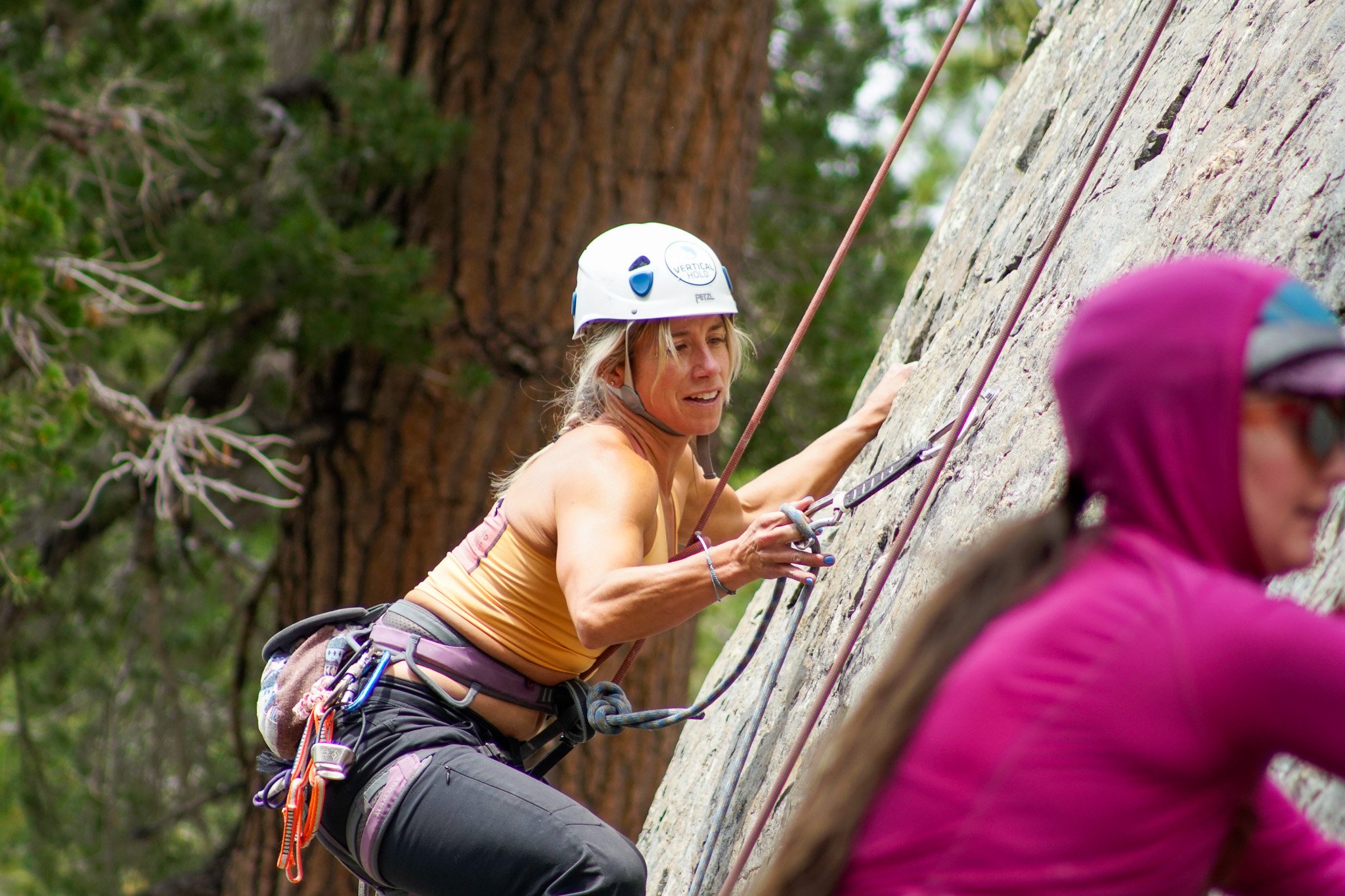Climbing is often perceived as a physical challenge—scaling heights, conquering difficult routes, and pushing the limits of endurance. Yet, anyone who has spent time on the rock knows that climbing is as much a mental journey as it is a physical one. The rock becomes a mirror, reflecting not just our physical capabilities but also our emotions, thoughts, and the energy we bring to the climb.
Imagine standing at the base of a towering cliff, your heart pounding with a mix of excitement and fear. As you grip the rock, you begin to feel its texture, its coolness, and its unwavering presence. This seemingly inert surface becomes a canvas, reflecting back the emotions you bring to it. When you approach the rock with confidence, it rewards you with a sense of flow, where every movement feels natural and intuitive. Conversely, if you approach with doubt or anxiety, the rock can seem unyielding, amplifying every slip and struggle.
The mental approach to climbing clinic is about cultivating the right mindset. It's not just about being physically prepared but also mentally resilient. This means being present in the moment, focusing on your breath, and maintaining a positive inner dialogue. The rock responds to your mental state—when you’re calm and focused, you’re more likely to make precise moves and conserve energy. On the other hand, if you’re tense and anxious, your movements can become erratic, draining both your physical and mental reserves.
Climbing forces you to confront your fears and vulnerabilities. It’s a practice in embracing discomfort and pushing beyond perceived limits. The rock, in this way, becomes a teacher. It teaches you to trust yourself, to commit to each move, and to let go of the need for control. The moments when you feel exposed and vulnerable on the wall are the moments that reveal your true character and resilience. Just as the rock reflects your emotions, it also mirrors the effort and energy you invest. Climbing is a sport that demands preparation, not just in terms of physical training but also in planning and visualization. When you approach a climb with thorough preparation—understanding the route, visualizing each move, and strategizing your ascent—you are more likely to experience a harmonious climb. The rock, in turn, reflects this preparation, rewarding you with a sense of accomplishment and mastery.
Climbing is a journey of self-discovery. The rock, in its silent strength, challenges you to confront your inner world. It reflects your emotions, your mindset, and the energy you bring to it. By cultivating a positive mental approach, embracing vulnerability, and recognizing the rock's role as a mirror, you can transform each climb into an opportunity for personal growth. In this way, the rock becomes more than just a physical challenge; it becomes a pathway to understanding yourself and your potential.
All photos were taken during our Mental Approach to Climbing Clinic in Mammoth Lakes by Tiffany Helton




